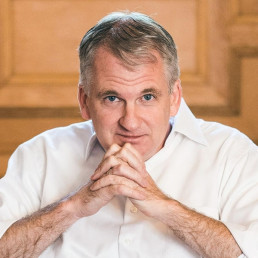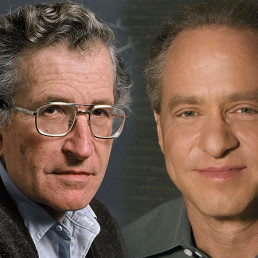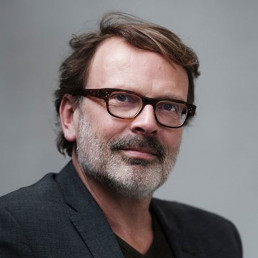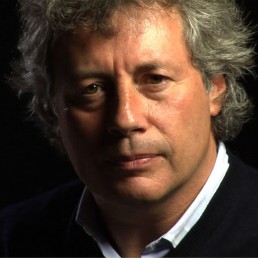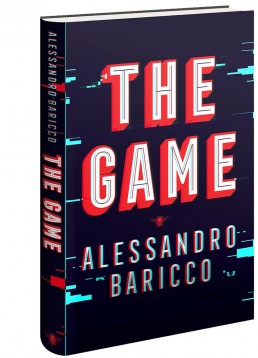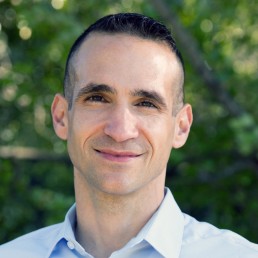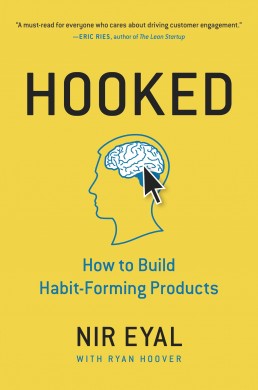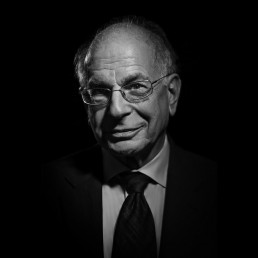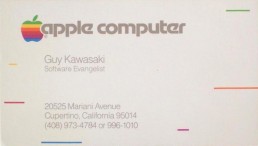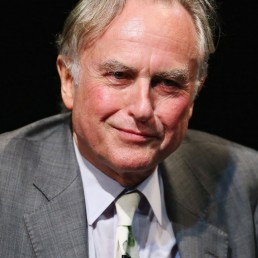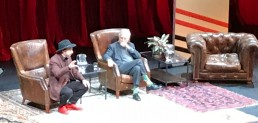Simon van Teutem - The Bermuda Triangle of Talent
Summary
In this book, (Dutch at the moment) Simon van Teutem shows how big companies recruit the smartest people – and what social consequences this has.
When Morgan Stanley intern Simon van Teutem’s hair falls onto his keyboard at the end of a long working day, he asks himself: what am I doing here? Like many other ambitious students, he wants to change the world. And yet he works late into the night for a bank. No world peace, cultured meat and climate breakthroughs, but Excel sheets, conference calls and business class flights. How did he end up here? In conversations with dozens of fellow students, bankers, lawyers and consultants, Simon van Teutem reconstructs how idealistic young people swim into the trap of big capital. The result is a candid insight into the world of big money, a mirror for everyone who is looking for meaning in work, and an urgent call to education, NGOs and the government to prevent the waste of talent.
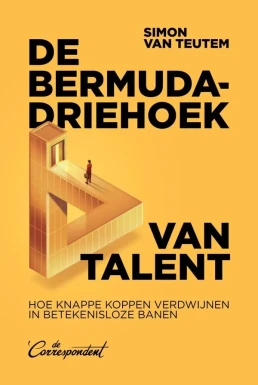
'Like many other ambitious students, he wants to change the world. And yet he works late into the night for a bank.
'
Timothy Snyder - On Tyranny
On Tyranny
#1 NEW YORK TIMES BESTSELLER • A “bracing” (Vox) guide for surviving and resisting America’s turn towards authoritarianism, from “a rising public intellectual unafraid to make bold connections between past and present” (The New York Times)“Timothy Snyder reasons with unparalleled clarity, throwing the past and future into sharp relief. He has written the rare kind of book that can be read in one sitting but will keep you coming back to help regain your bearings.”—Masha Gessen
The Founding Fathers tried to protect us from the threat they knew, the tyranny that overcame ancient democracy. Today, our political order faces new threats, not unlike the totalitarianism of the twentieth century. We are no wiser than the Europeans who saw democracy yield to fascism, Nazism, or communism. Our one advantage is that we might learn from their experience.
On Tyranny is a call to arms and a guide to resistance, with invaluable ideas for how we can preserve our freedoms in the uncertain years to come.
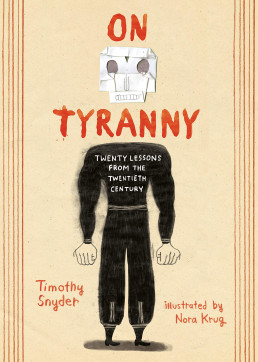
''Fascists rejected reason in the name of will, denying objective truth in favor of a glorious myth articulated by leaders who claimed to give voice to the people. '
'
On Tyranny - Timothy Snyder
About the book and discussions about the presented issues:
All rights belong to the owners of the works presented.
AI, without the hype
Interviews with Ray Kurzweil and Noam Chomsky in which they nuance and debunk a lot of hype surrounding AI at the moment.
Hans Schnitzler - We Nihilists
Wij Nihilisten
An elite of tech entrepreneurs has succeeded in dominating people and society in a very short time. Since the introduction of the iPhone in 2007, services such as WhatsApp, Instagram, Snapchat or the cloud have become indispensable. In fifteen years, a collective digital conversion has taken place that has radically changed our lives.
In Wij nihilisten, Hans Schnitzler poses a question that is hardly ever asked: how did this virtual class manage to do this? Inspired by, among other things, Friedrich Nietzsche’s writings on nihilism, he goes in search of the cultural roots of this success. His quest immerses the reader in the wonderful world of the archetype of the internet age: the nerd. At the same time, he presents a mirror to us: in fact we are all nerds.
The data revolution threatens to eat its own children. With this book, Schnitzler urges us to face our own part in this. Because only when we are aware of this change is possible.
You can buy the book here (Dutch only):
https://www.debezigebij.nl/boek/wij-nihilisten/
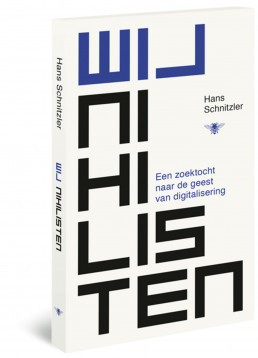
'The one who sees it all, sees nothing'
C.S. Lewis
Videos about the book and discussions about the presented issues:
All rights belong to the owners of the works presented.
AI documentaries
Interesting documentaries about Artificial Intelligence by german production house Deutsche Welle in English and Frontline from the USA. However, can somebody please write an AI plugin to remove all 'there is something sinister going on here' music from all AI documentaries.
Artificial Intelligence Documentaries by Deutsche Welle and Frontline
Disclaimer: The documentaries are from 2019 and 2020, so already considered 'ancient' in the AI developer world.
Alessandro Baricco - The Game
Alessandro Baricco presents a theory to the world why we live in the world we live in today.
He calls it The Game
Fascinating on many different levels.
Hooked - Why we can't stop using some apps
Nir Eyal makes it clear why we are hooked to some apps.
Behavior Can Be Designed
Nir Eyal: ‘Whether you are designing the behavior change of your consumers or your own habits, you’ll benefit from understanding research I share from behavioral economics, neuroscience, and consumer psychology.’
Addictive Behaviors – Nir Eyal | Inside Quest #28
What makes some technology so habit-forming? | Nir Eyal | TED Institute
How to Build Habit-Forming Products | Nir Eyal @ Startup Grind Global 2017
Daniel Kahneman: "Thinking, Fast and Slow"
Daniel Kahneman: “Thinking, Fast and Slow” will transform the way you think about thinking….


